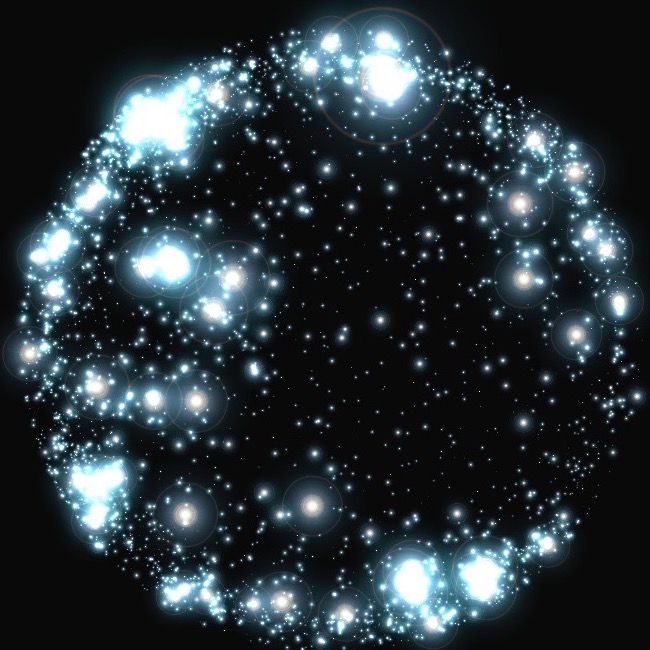The urgency of climate change and environmental crisis makes it necessary to ask ourselves what are the effects of our global networked system. Engaging in critical reflection on the implications of our actions as “agents”, as well as the role of state, institutional and financial structures in this process, seems more relevant than ever.
Through a praxis-oriented focus, we have drawn examples from T.J. Demos’ research into creative practices at the intersections of eco-critical thinking and art making, mainly from his books Decolonizing Nature, Contemporary Art and the Politics of Ecology (Sternberg Press, 2016) and Beyond the World’s End: Arts of Living at the Crossing (Duke University Press, 2020). We find these writings very timely, and particularly inspiring the thesis that “art, given its long histories of experimentation, imaginative invention, and radical thinking can play a central transformative role here. In its most ambitious and far-ranging sense, art holds the promise of initiating exactly these kinds of creative perceptional and philosophical shifts, offering new ways of comprehending ourselves and our relation to the world differently than the destructive traditions of colonizing nature”.
During this online discussion with T.J. Demos, we engage with contemporary issues of ecological sustainability and social justice, the fragile balance of politics and aesthetics, and the relevance of artistic practice in the context of global environmental crisis.
Art and the global environmental crisis: a discussion with T.J. Demos
Tuesday, March 2 at 19:15 CET (Leipzig), 20:15 EET (Athens), online
T. J. Demos is Patricia and Rowland Rebele Endowed Chair in the Department of the History of Art and Visual Culture, University of California, Santa Cruz, and Director of its Center for Creative Ecologies. He writes widely on the intersection of visual culture, radical politics, and political ecology—particularly where it opposes racial and colonial capitalism—and is the author of several books, including Beyond the World’s End: Arts of Living at the Crossing (Duke University Press, 2020), Decolonizing Nature: Contemporary Art and Political Ecology (Sternberg Press, 2016), and Against the Anthropocene: Visual Culture and Environment Today, (Sternberg Press, 2017). Demos curated Rights of Nature: Art and Ecology in the Americas, at Nottingham Contemporary (2015); Specters: A Ciné-Politics of Haunting, at Madrid’s Reina Sofia Museum (2014); and Beyond the World’s End at the Museum of Art and History, Santa Cruz (2019). In Spring 2020, he was a Getty Research Institute Fellow, and during 2019-21 directed the Mellon-funded Sawyer Seminar research project Beyond the End of the World. He is working on a new book on radical futurisms.
Moderated by reading group participants (Joachim Blank, Andrea Garcia Vasquez, Brigita Kasperaite, Eleni Michaelidi, Olga Vostretsova, Maria Zervoudaki and Magdalena Zotou), with the participation of Nikos Arvanitis, Fabian Lehmann and students of the program. A transcript of the discussion will be published later in 2021.

